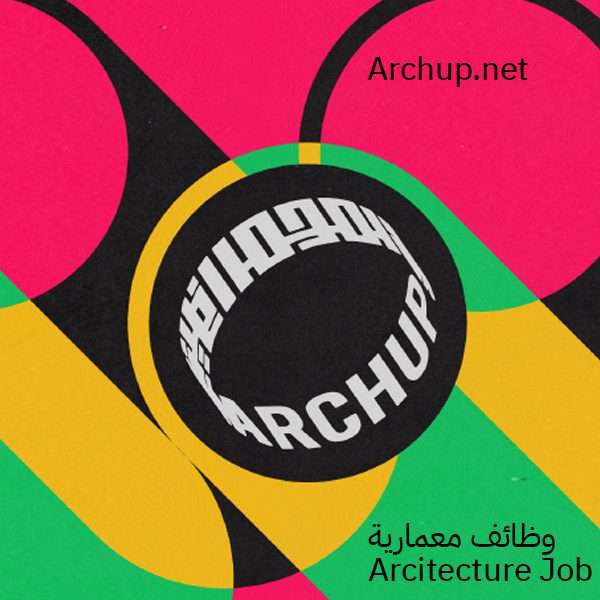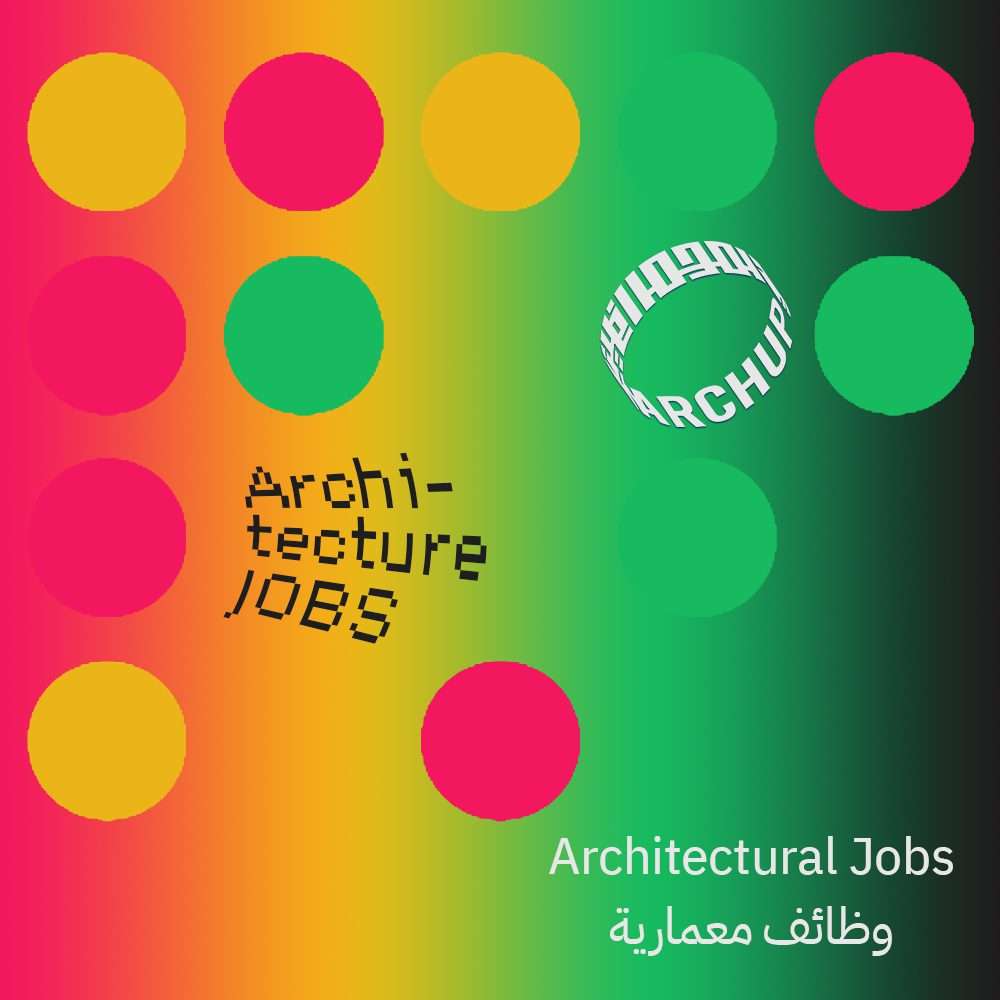Updates on engineering and architecture jobs available around the world
Rationale
Globally, ≈175 million children and young people (CYP) are affected by disasters annually. CYP have the capacity to contribute to building resilience to disasters (Mort et al., 2018b), and we need to include their knowledge of their local environment and imagination as, when empowered, they can directly influence decisions (Peek, 2008, Parsons, 2024). To promote CYP’s resilience, we must improve access to resources, including knowledge and skills, and encourage participation in decisions that affect their life and society, offering support, and ensuring equitable treatment. This project will build upon the Children, young people and flooding | Recovery and resilience (lancs.ac.uk) project that was launched 10 years ago. The aim of this project is to explore whether and how the priorities for CYP – and for the involvement of and raising awareness among CYP – have changed in the last 10 years now that the climate crisis is more prominent (UN General Comment 26, UNCRC). Such a comparative study allows for improved understanding of the effectiveness of education and decision making in the context of climate related flooding, and will lead to the identification of approaches for a fully intergenerational response, ensuring what CYP think is acted upon.
Methodology
The project will be grounded in the new Climate Education Praxis mode, developed by Parsons (Parsons, 2024). It comprises creative participatory action research (PAR) methodologies and working with CYP (and intergenerational) communities to engage and co-create interventions on how climate and flood risk are shaping their futures. PAR data collection approaches will be developed with the CYP and the PhD researcher; and may include 360 digital technologies (cameras, models, drones and software’s) to communicate and educate on flood hazard and risks, photo and video narratives, participatory mapping, as well as games and arts based storytelling. Such approaches emphasise the importance of who the Participants are, and recognises that 1) CYP are a diverse group in terms of knowledge, skills, perceptions, age, ethnicity, socio-cultural background, etc.; 2) play is essential to involve all CYP; 3) the process, through play, is CYP-led and fosters ownership of the created solutions; and 4) that through an engaging and playful participatory process, CYP are empowered to design outcomes.
This project is part of the NERC funded Flood-CDT studentship competition. For more information, please visit the Flood-CDT website.
Please see this PhD project’s dedicated webpage for more information via the above ‘Apply’ button.
Additional Funding Information
Studentship type – UKRI through Flood-CDT (flood-cdt.ac.uk). The studentship is for 3.5 years and provides a tax-free stipend of £18,622 per annum plus tuition fees at the UK rate. Excellent International candidates are eligible for a full international fee waiver however due to UKRI funding rules, no more than 30% of the studentships funded by this grant can be awarded to International candidates.
For details on what documents you will be required to submit for this, please see the dedicated project page, available via the Apply button.





